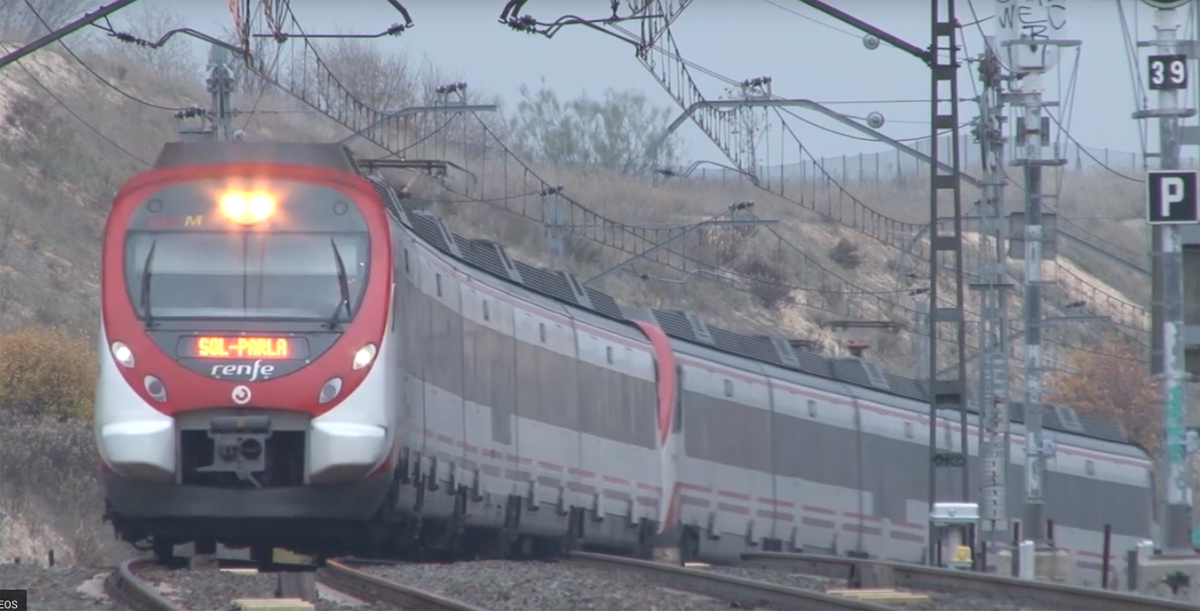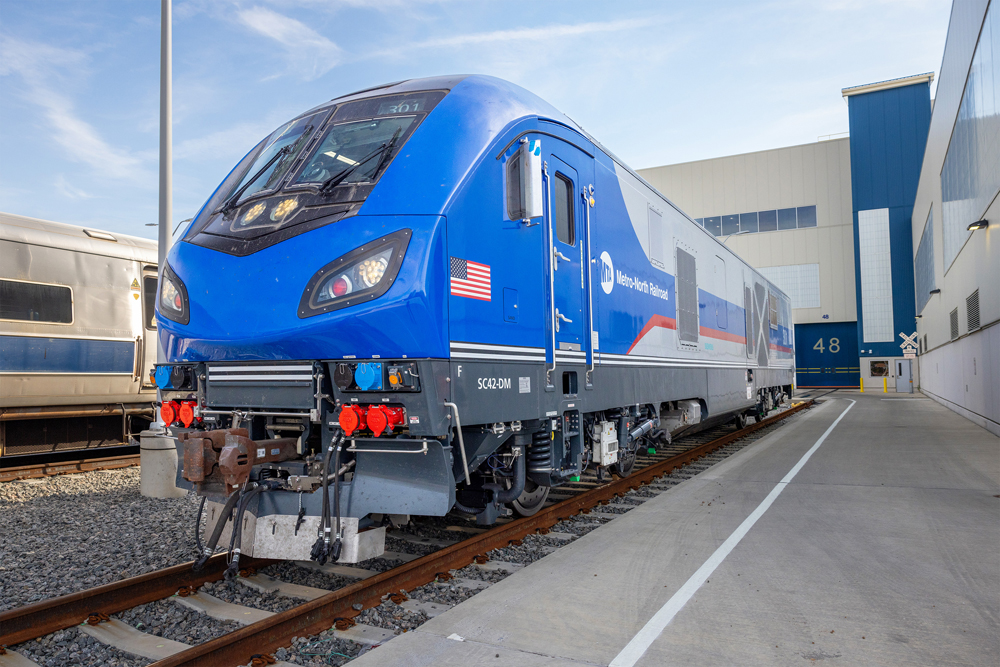Currently half of the railroad’s intermodal loads are delivered to terminals between noon on Wednesday and midnight on Friday, creating what BNSF Group Vice President of Consumer Products Tom Williams has called the “rush hour effect.”
The goal of the day of the week pricing program is to shift some of that peak day traffic by offering discounts on lower volume days.
“This action will help ensure BNSF provides its customers with enhanced service reliability and consistency,” the railroad said in a customer advisory. “Uneven freight flows can result in network congestion, train bunching, or delays in unit availability. By making adjustments to freight flows across all days of the week, BNSF’s customers will benefit from available capacity and trucking partners will be able to access intermodal facilities more efficiently.”
“It makes perfect sense,” says intermodal analyst Larry Gross. “Freight volume generally increases through the week, peaking on Friday. This will have the effect of time-shifting some of the more value-conscious shippers with lower service requirements.”
Initially, the price incentives for lower volume days apply only to certain customers and traffic moving in certain lanes.
“We will expand this program over time to other segments of our intermodal business,” BNSF spokeswoman Amy Casas says.
For now, the program is targeted in areas where BNSF capacity is the most limited.
“This will be especially beneficial in markets like the Inland Empire [of California] and Chicago where we need to be able to continue to leverage our capacity as best we can to continue to grow over time,” Casas says. “BNSF will continue to work with our customers to find ways to utilize capacity more efficiently to ensure service reliability, consistency, and our mutual ability to grow.”
Separately, BNSF’s reservation system is giving it better visibility into incoming intermodal loads, which now include a “need by” date that also gives the railroad the ability to balance its trainloads.
If a container arrives at a terminal on a peak day, but doesn’t need to ride a train that day, BNSF will schedule the load to arrive on the required date.
About half of intermodal volume is using the system, Williams said last month at the Intermodal Association of North America’s Intermodal Expo.
Canadian Pacific uses a similar system to balance its intermodal volume by working with customers to schedule boxes to arrive on the specified date, regardless of when they arrive at the originating terminal.
CP, however, found that offering lower rates on slow days and higher rates on peak days did little to smooth volume. Instead, it offers several tiers of pricing based on speed and level of service.















Well look at that. Instead of the psr method of punishing your customers with higher rates on busy days they’re offering a discount to fill excess capacity.